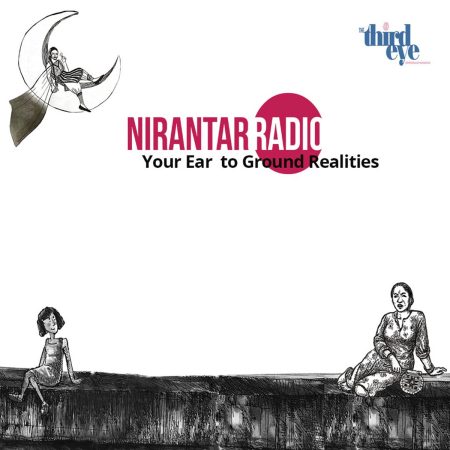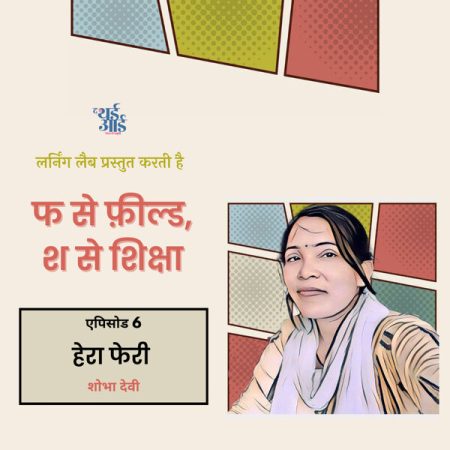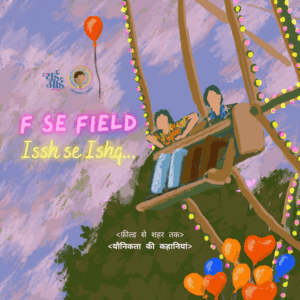We explore all this and more, as members of our Learning Lab team—Khushi, Manisha, Ajfarul, Rani, Shobha, Vikas, Kulsum, Arti, Choti Rajkumari and Badi Rajkumari take us along on their journeys of shiksha.
The Third Eye’s Learning Lab is an arts-based pedagogical and co-creation platform where we come together to critically examine our own standpoints, to engage and question the systems of knowledge that shape us. At the centre of the pedagogy are our Digital Educators (DEs) based in Uttar Pradesh, Rajasthan and Jharkhand. Coming from different age, gender and caste locations and rooted in community based organisations, the DEs bring tremendous diversity and depth of experience. Image, text and sound are fundamental elements of exploration, discovery and self-articulation in this process, as is the feminist lens. This series by the DEs emerged from a process of prompt-led creative writing.
Stay tuned for new stories every Monday and Wednesday.
Title track written by Arun Gupta and performed by Vedi.
Instrumental track by Shabnam Virmani.
We would like to thank the Aahvaan Project for giving us permission to use their song “Na Dekh Aankhon Se” by Arun Gupta as our title track and Shabnam Virmani for lending us the notes of her musical instrument.
For their valuable time and feedback, we would like to thank Lakshmi from Chambal Media; and Anita and Prarthana from Nirantar.





